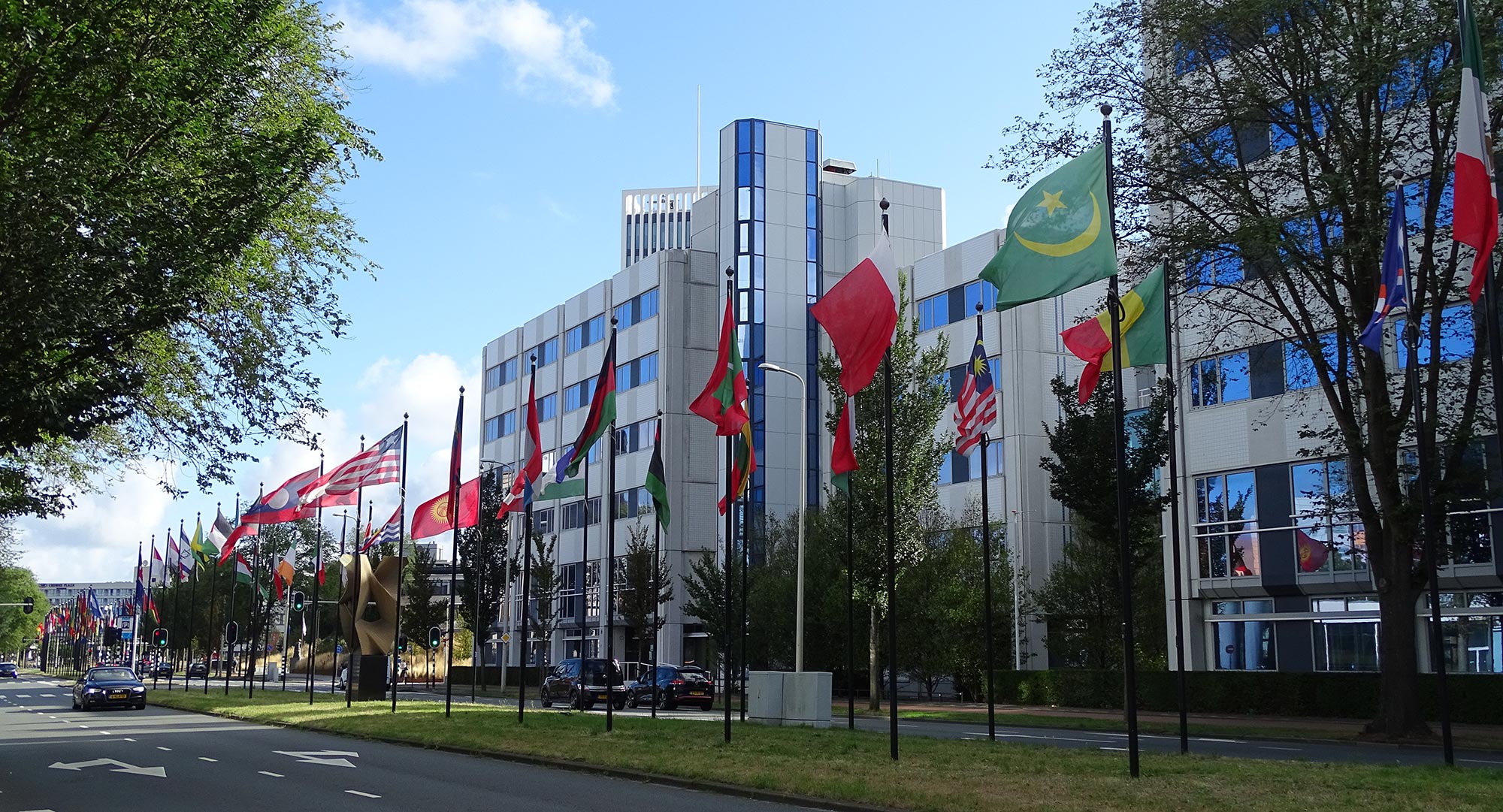Immunity of international organisations in labour disputes
Various international organisations are based in the Netherlands. These organisations enjoy a degree of immunity in order that they may remain independent and function without impediments.
This immunity is enshrined in the so-called headquarters agreement concluded between the relevant organisation and the Netherlands. It implies that in principle, no jurisdiction is conferred on the Dutch courts.
This post was reviewed and updated on 31 January 2025
Overriding of immunity
The immunity of international organisations is not absolute, but rather functional by nature. This means that the immunity is not unlimited and applies only to disputes connected with the performance of its tasks by the organisation. Thus, an exception can be made regarding this immunity. The immunity may be set aside by the Dutch courts where the right to due process enshrined in Article 6 of the European Convention for the Protection of Human Rights and Fundamental Freedoms (ECHR) has been contravened. This can happen when the international organisation has offered no alternative judicial process for resolving disputes under private law. If allowed to proceed, the Dutch courts will deal with the substance of the dispute.
Immunity and labour disputes
Labour disputes involving employees of international organisations fall within the scope of functional immunity, if the duties that are executed are directly connected with the performance of the organisation’s tasks. In principle, this applies where the person in question has performed the duties for such an organisation.
The labour relations of employees working for an international organisation are generally governed by internal Staff Rules. Labour disputes are dealt with in accordance with these Rules. Therefore internal objection proceedings and/or an appeal procedure may be pursued in order to come to a decision on the dispute that has arisen. If this offers no remedy, the employee generally has recourse to an external body, usually the Administrative Tribunal of the International Labour Organisation, or, in the case of a European organisation, the Civil Service Tribunal of the European Union.
If the complainant happens to have recourse to the above judicial processes, this gives rise to an alternative legal procedure and the immunity will not be overridden. The Dutch courts in that case will have no jurisdiction to rule on the substance of the labour dispute. This was affirmed by the Supreme Court, for example in the case taken against the European Patent Organisation in 2009 (Supreme Court, 23-10-2009, ECLI:NL:HR:2009:BI9632) and more recently, on 20 March 2015, in the case taken against the Iran-United States Claims Tribunal (Supreme Court, 20-3-2015, ECLI:NL:HR:2015:687).
Only in very exceptional cases will the immunity of an international organisation be overridden in the case of a labour dispute. Such a situation did arise in the proceedings against the European Patent Organisation, presided over by the sub district court in The Hague (sub district court, The Hague, 19 August 2013, ECLI:NL:RBDHA:2013:10282). Having followed an internal procedure within this organisation, the employee instituted a procedure with the ILO Administrative Tribunal in accordance with the Staff Rules governing his employment. This Tribunal took 15 years (!) to decide the case. The sub district court ruled that this was not a reasonable period, and that the employee had been deprived of his right to due process by virtue of Article 6 of the ECHR. The immunity of the European Patent Organisation was deemed to be disproportional and cancelled, thus allowing for the dispute to be examined by the national courts.
More information
Do you have a question about (international) labour disputes? Please contact us for advice.


